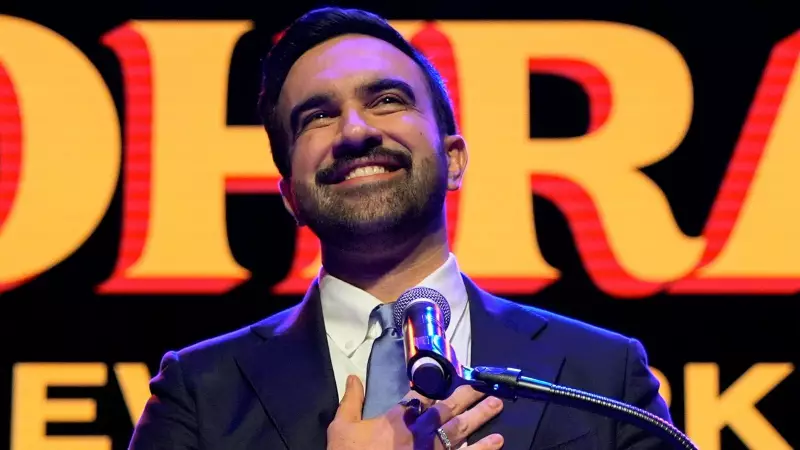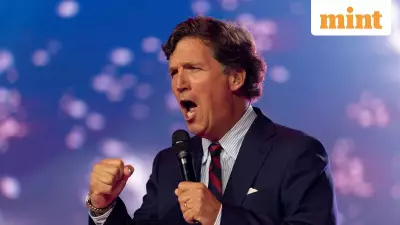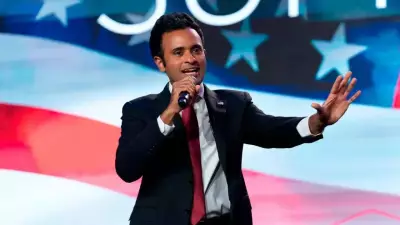
Historic Victory for Progressive Politics in New York
In a groundbreaking political development, Zohran Mamdani, a self-described socialist democrat, has been elected as the new Mayor of New York City. The historic election took place on November 5, 2025, with Mamdani defeating Independent candidate Andrew Cuomo and Republican Curtis Sliwa in a closely watched race that has captured international attention.
The victory represents multiple firsts for America's largest city. At just 35 years old, Mamdani becomes the first Indian-origin Muslim and the first millennial to hold the prestigious office of New York City Mayor. His election challenges long-standing norms about who can lead a major global metropolis and what backgrounds qualify someone for high political office.
A New Generation Embraces Mamdani's Leadership
The announcement of Mamdani's victory sparked immediate celebration among younger voters, with Generation Z and millennial supporters flooding social media platforms with enthusiastic posts. The hashtag "Mamdani is my mayor!" trended extensively on TikTok and Instagram, with many supporters outside New York joining the digital celebration.
This overwhelming response from younger demographics highlights the growing disconnect between establishment politics and the values of younger voters worldwide. Mamdani's unapologetically progressive platform and authentic cultural identity have resonated deeply with a generation increasingly disillusioned with traditional political structures.
What makes Mamdani's victory particularly significant is his approach to addressing the paradox of privilege in progressive politics. Unlike many politicians who attempt to obscure their advantages, Mamdani openly acknowledges his privileged background as the son of renowned intellectuals Mira Nair and Mahmood Mamdani.
Breaking Barriers in Political Representation
The path to political office remains fraught with structural barriers that disproportionately affect working-class candidates. Financial constraints, social exclusion, and elite gatekeeping continue to limit who can realistically run for and win elected positions, creating a persistent representation gap in democracies worldwide.
During a recent seminar with first-year Politics and International Relations students at the University of Edinburgh, this very issue came under discussion. Students noted that young people and those from working-class backgrounds, especially in inflation-hit Western economies, rarely possess the financial resources necessary to contest elections, let alone emerge victorious.
Mamdani's campaign directly addressed this dilemma by leveraging his privilege to advocate for those without similar access. His approach stands in stark contrast to politicians like former UK Prime Minister Rishi Sunak, who attempted to project a "working-class" narrative despite his elite background.
Equally distinctive is Mamdani's unapologetic embrace of his cultural heritage. He proudly celebrates his Indian, Ugandan, and Muslim roots, often eating biryani with his hands, speaking Hindi and Urdu with voters, and publicly observing his faith. This authenticity distinguishes him from many Western politicians of color who have historically downplayed their heritage to fit into dominant political cultures.
Policy Positions and International Implications
Mamdani's policy platform advances progressive causes that support immigrants, working-class communities, and ethnic minorities. His approach embodies the principles of diversity, equality, and inclusion that are essential to a truly global city like New York.
His foreign policy stances have also generated significant attention and controversy. Mamdani's vocal support for Palestine, including his firm declaration that he would arrest Israeli Prime Minister Benjamin Netanyahu as a war criminal if he visited New York, has strengthened his connection with progressive voters while drawing criticism from establishment circles.
This stance contrasts sharply with politicians like UK Home Secretary Shabana Mahmood, who has backed policies that would criminalize pro-Palestinian protests. Mamdani's position reinforces his commitment to protecting the right to peaceful protest, which he considers fundamental to democratic practice.
While structural barriers to political representation persist, and genuine working-class candidates like Jeremy Corbyn remain rare exceptions, Mamdani's victory offers both comfort and optimism. His success demonstrates that inclusive, principled politics can prevail even within a flawed system, providing hope for marginalized communities worldwide.
As an Indian-Muslim millennial expat living in the UK, the author finds particular inspiration in Mamdani's leadership. Though he governs New York, Mamdani represents, in spirit, a mayor for all those who believe in the possibility of more representative and authentic political leadership.





